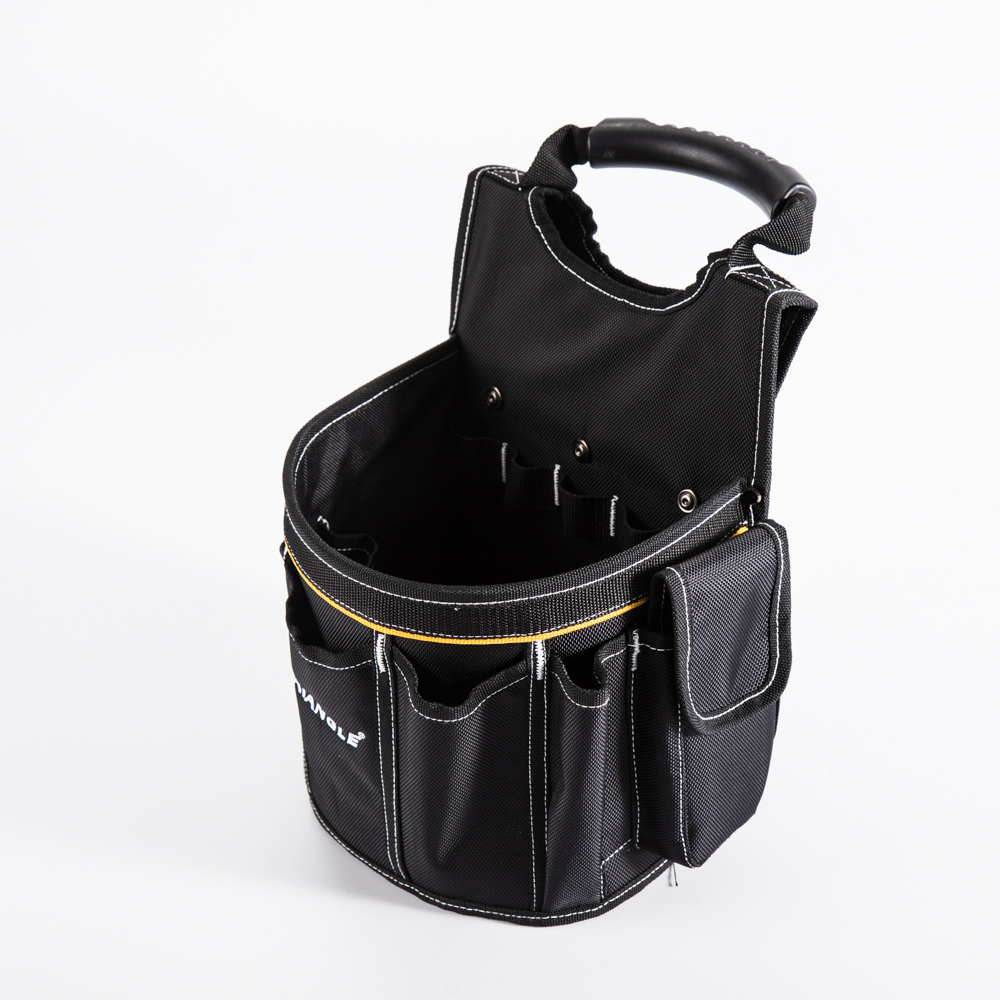And decoration catty said that the worship supervisor taught you to deal with the construction site ten strokes
Some construction workers are not afraid of the owners to come on-site inspections. They feel that the owners do not understand anything, do not know well or do well, and do not know well. Therefore, as long as there is no inspection accompanied by supervision, all of them flickered without discussion. As the saying goes, the insiders are looking at the door and the amateurs are watching. However, what exactly do we look at in the decoration scene and how do we look at it to achieve a multiplier effect? Now, let the supervisor teach you what to look for at the end of the field, and let you say goodbye to it.

Jumei Indian Home Furnishing Museum     Meihao Home Accessories Museum
View one: waterproof engineering
For covert waterproof works, the most important thing is to do meticulous construction. First of all, before the renovation, the construction personnel must do a 24-hour water-retaining test. After confirming that there is no leakage, clean up the ground debris, remove the loose parts, and then use a cement mortar to smooth the uneven areas, and then the entire Flattened on the large surface. Closed water test can also play a role in distinguishing and determining the responsibility of the waterproofing project. There is a leakage phenomenon in the developer; there is no leakage after the renovation and there is leakage, and the responsibility is to decorate the public.
If the bathroom is waterproof, the water will splash on the adjacent wall when bathing. If there is no protection of the waterproof layer, the partition wall and the diagonal wall of the corner will become mildewed, so be sure to prepare the wall surface before laying the wall tiles. Waterproofing, in general, the walls are to be treated with a waterproof height of 30 centimeters, but the non-load-bearing lightweight walls should be waterproofed at least to 1.8 meters high. Special attention should be paid to the corners and strictly prevent the occurrence of drip leaks. In fact, most of the waterproof layer leaks are corners. Therefore, if these places are properly prepared, the possibility of leakage will be reduced.
View 2: wall and keel
If the wall and the keel violate the rules of operation, they will not be easily found. For example, due to the collapse of the ceiling as a whole or in part, the ceiling becomes a "top drop."
View three: Ceiling
The combination of the ceiling and the floor and the keel and the veneer is not good, or the load is too large, which can easily cause "falling off."
According to the regulations, the ceiling keel shall not be twisted or deformed. The installed keel shall be firm and reliable. The horizontal deviation shall not exceed 5 mm; a chandelier or ceiling fan exceeding 3 kg in weight shall not be hung on the ceiling keel, but shall be separately provided. If the ceiling is made of gypsum board, the thickness should be about 9mm.
View 4: Fragment
1, hot and cold water pipes mixed
White is a cold water pipe, red is a hot water pipe, and a cold water pipe and a hot water pipe are mixed together.
There are hidden dangers: the expansion and contraction rate of hot and cold water pipes is different. Due to thermal expansion and contraction, the cold water pipes burst and leak.
Standard operation: distinguish hot and cold water pipes according to color and operate strictly.
2, using glue
Normative operation: At present, there is no natural and pollution-free glue on the market. The substitute is 108 glue. However, we must look for better brands and look for products with test reports.
3, no insulation sleeve
During the construction, the wires are directly buried in the wall. The wires are not covered with insulating tubes, and the wire connectors are directly exposed.
There are hidden dangers: This is very unsafe, and may cause short-circuit of the wires due to some reasons, such as the aging of the wires, resulting in wire breakage; at the same time, once the wire is broken, it cannot be changed at all, only the wall knocks on the ground.
Standard operation: The wires must be laid with insulation sleeves on the outside, and the circuit joints should not be exposed on the outside. They should be installed in the line box. No joints are allowed between the distribution boxes.
4, free to change the waterway
In the case that the owner did not understand the decoration, he misled the owner to dismantle the waterway at random and wasted money.
There are hidden dangers: waste of money is only one aspect. Once it is not sealed or lacks pressure during the demolition of the waterway, it will lead to burst of water pipes.
Normative operation: When the pipeline is changed, it will move and it must not be moved when it is not.
5, strong and weak electricity placed together
Typical jerry cuts. Put strong electricity (such as lighting wires) and weak electricity (such as telephone lines and network cables) in a tube or box, and store less pipes, saving time and effort.
There are hidden dangers: There will be interference when making a call or surfing the Internet. At the same time, too much threading in a pipe also creates a risk of fire.
Normative operation: Strong and weak electricity should be routed separately. It is forbidden to share one pipe and one bottom box for strong and weak electricity.
6, the length is not enough without connection accessories
Because the length of the insulating tube is not enough, there is exactly a turn here, no connection fitting is placed, and a section is exposed at the intersection with the junction box.
There are hidden dangers: If you stay for a long time, it may cause leakage due to the aging of the line.
Normal operation: There should be something connected between the nozzle and the junction box.
7, repeat the wiring
A large number of repeated wiring, multi-use materials, waste the owner's financial and material resources.
There are hidden dangers: Once a problem arises in the line, it is difficult to detect in a layout like the "Tian Luo Di Network."
Normative operations: Arranged closely, in the case of no more than 40% of the capacity of the pipe, the same trending line can be worn in a pipe. However, it is necessary to separate strong and weak electricity.
8, the line pipe is damaged by the follow-up project
Typical barbaric construction. After the pipeline was laid, it was slotted on the ground again and the pipeline was laid through. Decoration
There are hidden dangers: After you check in, you may find that there is no electricity in a room in your home. You can only detect and re-thread all the wires in your home.
Normative operation: The construction cannot be performed again in the place where the pipeline is laid.
If it is damaged, it is forbidden to wire in the middle when changing lines. When the circuit load is large, the joint of the wire in the threading pipe is easily sparked and a fire occurs.
9, putty when cement
Typical shoddy. On many construction sites, the mistakes of the construction team were well-known, and the horizontal slotting did not say that after the wiring of the line pipe was completed, the putty powder was used as cement.
There are hidden dangers: The horizontal slotting during the decoration has destroyed the bearing weight of the entire building, and the original design's ability to resist earthquakes has decreased.
Normative operation: The cement used to plug the trunk must be consistent with the cement of the original structure to ensure its strength.
10, wire regardless of color
All lines use a single color, for the sake of labor.
There are hidden dangers: once the line is in trouble, the line of discordance is detected again.
JS Common Fretting Construction Acceptance Concealed Decoration Cement Home Furnishing Renovation Design Lighting Ceiling Fan Lights Bathroom Tiles Bathroom Doors Bathroom Tiles Colors Bathroom Ceilings Materials Bathrooms Ceilings Whole Bathrooms Toilets Designs Bathrooms Waterproof Toilets Leaking Home Decorations Tiles Rubber Decoration Home
Tool pouch is a small bag or pouch designed for carrying and storing hand tools. It is typically made of durable materials like canvas, leather, or nylon and may have multiple pockets or compartments for organizing different types of tools.
Tool pouches are commonly used by professionals such as carpenters, electricians, and plumbers who need quick and easy access to their tools while working. They are also useful for DIY enthusiasts and homeowners who need to keep their tools organized and easily accessible.
There are many different types of tool pouches available, ranging from basic pouches with a few pockets to more advanced models with specialized pockets for specific tools. Some tool pouches can be attached to a tool belt for hands-free carrying, while others are designed to be carried on their own using a shoulder strap or handle.

Overall, a tool pouch is a convenient and practical accessory for anyone who regularly uses hand tools and wants to keep them organized and accessible.
portable tool bag,Husky Tool Bag,Tool Pouch Bag,canvas tool bag
ZHANGJIAGANG CITY XIANGLE TOOL CO., LTD. , https://www.sjxiangletoolbag.com